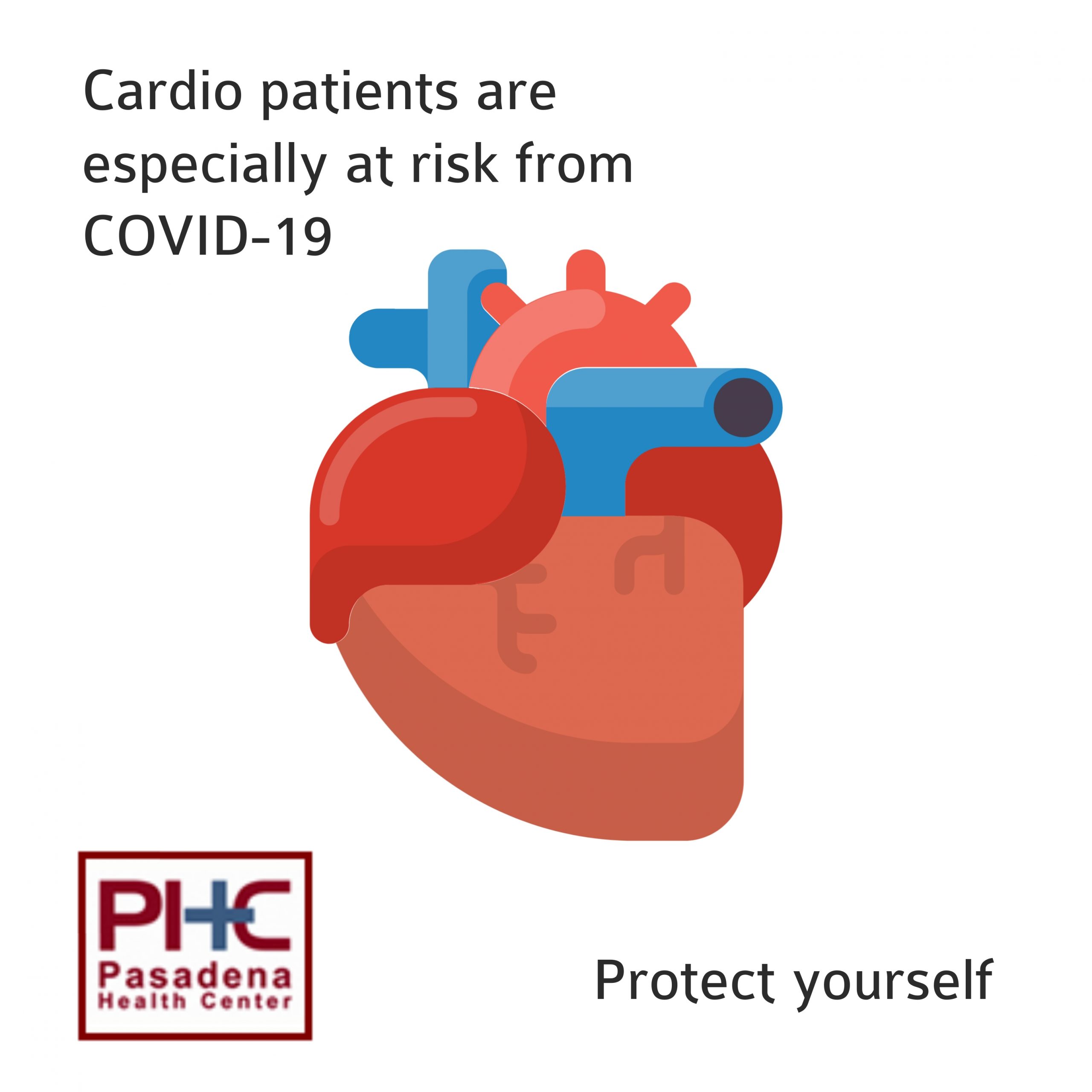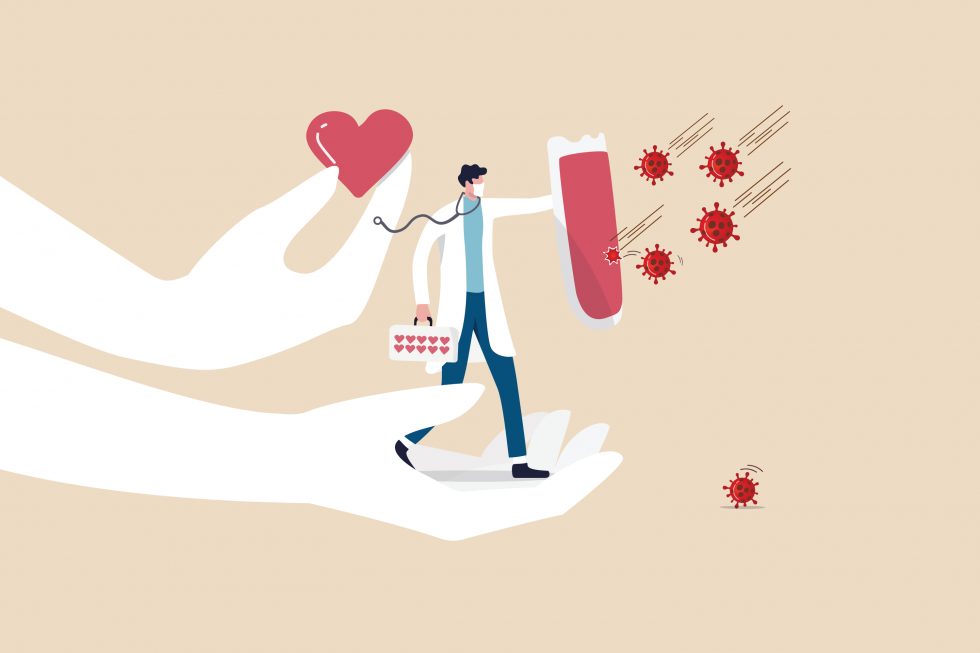It’s no surprise that people with heart disease are at higher risk if exposed to SARS-CoV-2. While the most common critical symptoms include lung problems and acute respiratory distress syndrome, your heart can still be affected too.

If you have previously been diagnosed with a heart condition, a virus such as a coronavirus could unveil seemingly invisible heart problems you weren’t aware of. To stay safe and reduce your risk of heart attack, it’s important to follow recommendations by the CDC and continue social distancing and staying home if possible.
What Heart Patients Need to Know About the Virus
While there is no correlation between heart failure and COVID-19, you may be at an increased risk of suffering extreme symptoms if you contract the virus. According to the New England Journal of Medicine, acute myocardial infarction (heart attacks) can be triggered by respiratory infections. It’s important to understand the risks associated with the COVID-19 pandemic. Understand that if you have a fever or inflammation (common with coronavirus patients), you’re at higher risk for acute myocardial infarction.
If you think you could be having a heart attack or stroke, call 911 immediately.
Can COVID-19 Cause Heart Damage?
Most people are aware that SARS-CoV-2 primarily attacks the respiratory system. However, your heart can still be negatively affected. When your heart muscle is lacking the necessary oxygen needed, you may experience heart damage known as myocardial infarction type 2. The stress on your organs, including your heart, can significantly increase in the case of COVID-19.
Why Are Strokes on The Rise as a Result of COVID-19?
Coronavirus has been shown to be associated with inflammation of blood vessels and increased blood clots (hypercoagulable state). Both of these factors are contributing to increased incidences of strokes and heart attacks.
Protecting Yourself & Your Loved Ones
If you’re a heart patient and are looking for precautions and tips to stay safe, check the coronavirus (COVID-19) resources on the American Heart Association website. If you are experiencing mild symptoms of the virus, stay put, and call your doctor. Many healthcare offices are offering virtual appointments to protect patients.
Conclusion
There has not yet been a proven correlation between coronavirus and heart health. However, if a heart patient contracts the virus, they are much more likely to experience a stroke, heart attack, or heart failure. Stay home and stay safe! Our medical team is still available to connect with you online.



